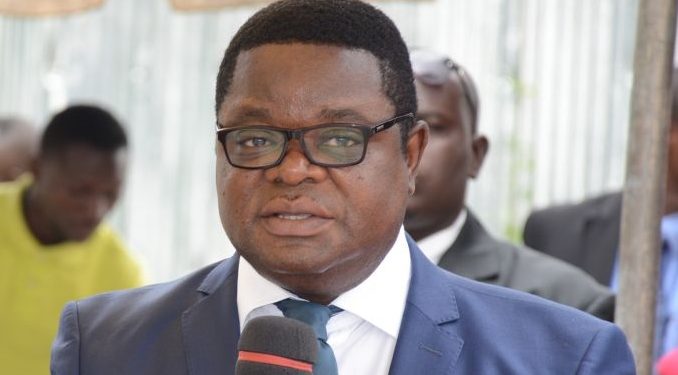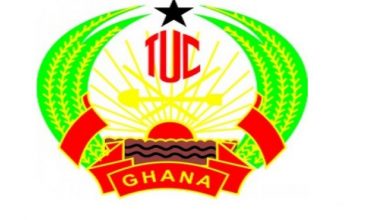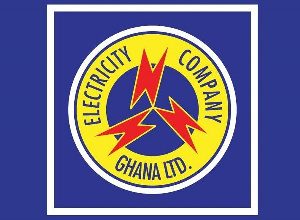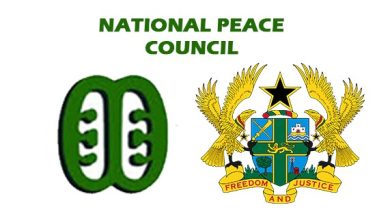News
Ghana is low-middle income country; IMF’s classification presents ‘narrow view’ – Prof. Quartey

The Director of the Institute of Statistical, Social and Economic Research (ISSER) at the University of Ghana, Professor Kwesi Quartey, says the World Bank’s description of Ghana as a low-middle income country is a more accurate classification of the country’s economic standing.
According to him the International Monetary Fund’s (IMF) classification presents a narrow view which does not give a fair account of the country’s standing.
Speaking on Eyewitness News on the back of claims that the IMF has downgraded Ghana’s economic classification from a low-middle-income country to a low-income developing country, Prof. Quartey said both internationally recognized bodies assess countries very differently and have different classifications which must not be confused with each other.
“The IMF classification looks at fiscal data whereas the World Bank classification looks at income per capita, in other words your GDP (total income); if we were to share it equally across the population, what will be each person’s share? That is what we call per capital income… [The IMF’s classification is] a narrow way of defining a country in terms of its economic status,” he said.
Some social media posts and news reports said the IMF in its April 2021 Fiscal Monitor forecast report had downgraded Ghana’s economic classification but Citi News’ checks reveal that the claim is false.
Prof. Quartey, who is more appreciative of the metrics used by the World Bank in its country classification said, “let’s not confuse these two. They are totally different. We are not a low income country. We are a low-middle income country per the World Bank’s classification.”
“The World Bank classifies countries according to their per capita income so if your income is above a certain threshold, then you are classified as a middle income or if it is below a certain threshold then you are a low income country… According to the World Bank classification, we are a low-middle income country,” he indicated.
He further explained that the latest biannual IMF report at the center of the controversy still shows Ghana as having a respectable economic position amidst the COVID-19 pandemic.
According to him, Ghana was on a good track and previous IMF reports confirmed this prior to the outbreak of the pandemic.
Reacting to the question on whether Ghana’s economic classification could or should affect loans granted the country, he said while borrowing could be problematic for the country, it is also important to take a loan to tackle urgent issues that will be productive and yield good results for the clearance of the debts.
“We need to fight this pandemic so we live to see tomorrow so if government borrows to spend, of course it is a problem but it is not too much of a problem. We have to look at the broader picture on what benefit that will yield to the Ghanaian economy and for me, that is the way to go. Borrow but borrow responsibly, invest into productive activities, that should be able to pay off the loan,” he noted.
Source: Fiilafmonline/CitiNews



